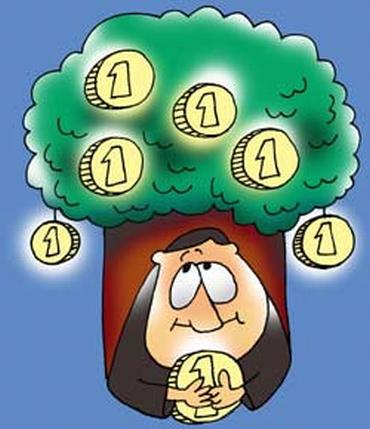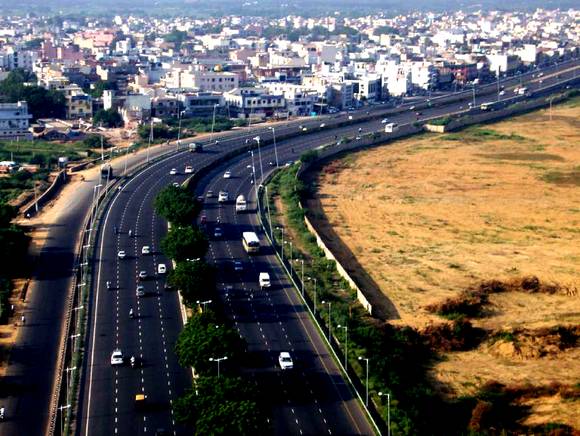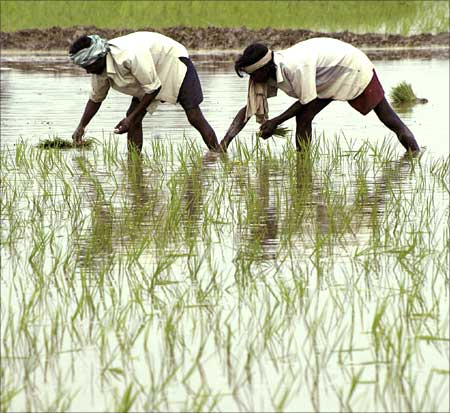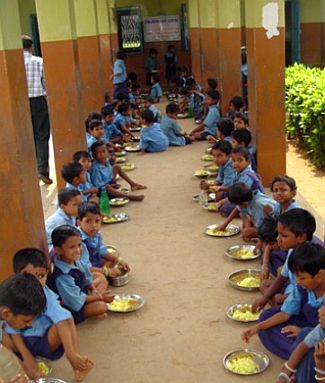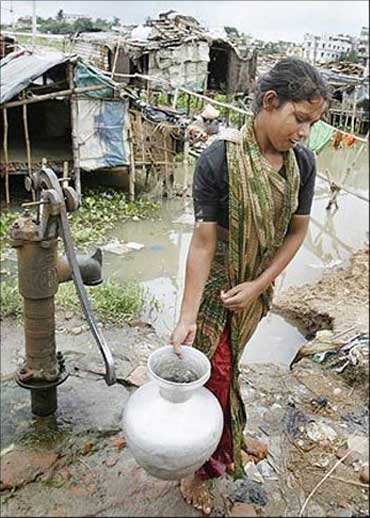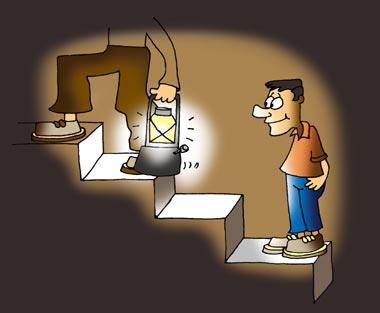 | « Back to article | Print this article |
Budget 2012: What is in it for YOU?
Should you be popping the champagne or start getting worried? Salil Dhawan decodes the budget and tells what it has in store for people like us.
Finance Minister Pranab Mukherjee played it safe in unveiling the federal budget on Friday, pledging reforms but setting only modest targets for trimming a ballooning fiscal deficit, disappointing investors.
Many had expected a reform rich budget this year, as the next year budget has all probability of being a populist one in light of the coming elections. But Pranab has played different cards this time. The first look on Indian Budget gives the impression of a smart attempt. Not pompous with too many populist measures, but the budget also visibly lacks any bold measures/ reforms.
This budget stands out not because of the reforms/steps taken; but for the un-necessary populist steps not taken – which drains out the money on un-productive initiatives.
Let's look at key budget highlights and targets which government has set for itself as we get ready to enter a new financial year.
Courtesy: Investment-mantra.in
Income Tax Limit
Income tax exemption limit for individuals is raised to Rs 2 lakh per annum from Rs 1.80 lakh. Individual will have to pay 10 per cent tax on income between Rs 2 lakh and Rs 5 lakh; 20 per cent between Rs 5 lakh and Rs 10 lakh; and 30 per cent for above Rs 10 lakh. "My proposals on direct taxes are estimated to result in a net revenue loss of Rs 4,500 crore for the year," Mukherjee said.
Fiscal Deficit (Borrowings) and Fiscal consolidation
Fiscal consolidation is the term that is used to describe the creation of strategies that are aimed at minimizing deficits while also curtailing the accumulation of more debt.
The fiscal deficit in the current year has turned out to be as high as 5.9%. The finance minister assured that he will bring it down to 5.1% of GDP.
Rise in Taxes: More Revenue?
There will rise in customs, excise duty and widening of service tax. In the Union Budget, both excise duty and service tax have been raised from 10 to 12 per cent.
Subsidies
Endeavor to keep central subsidies under 2 per cent of GDP in 2012-13. Over next 3 year, to be further brought down to 1.75 per cent of GDP.
Disinvestment
FDI
Efforts to arrive at a broadbased consensus in consultation with the State Governments in respect of decision to allow FDI in multi-brand retail upto 51 per cent.
Rajiv Gandhi Equity Saving Scheme
Capitalisation of Public Sector Banks
To protect the financial health of Public Sector Banks and Financial Institutions, Rs 15,888 crore proposed to be provided for capitalisation. Possibility of creating a financial holding company to raise resources to meet the capital requirments of PSU Banks under examination.
Infrastructure Development
During Twelfth Plan period, investment in infrastructure to go up to Rs 50 lakh crore with half of this, expected from private sector.
First Infrastructure Debt Fund with an initial size of Rs 8,000 crore launched earlier this month.
Tax free bonds of Rs 60,000 crore to be allowed for financing infrastructure projects in 2012-13.
National Manufacturing Policy announced with the objective of raising, within a decade, the share of manufacturing in GDP to 25 per cent and creating of 10 crore jobs. (Details not mentioned in the budget)
Target of covering a length of 8,800 kilometer under NHDP next year.
Rs 5,000 crore India Opportunities Venture Fund to be set up with SIDBI.
Agriculture
Target for agricultural credit raised by Rs 1,00,000 crore to Rs 5,75,000 crore in 2012-13.
Inclusion
Nutrition
Allocation of Rs 15,850 crore made for Integrated Child Development Service (ICDS) scheme, representing an increase of 58 per cent over BE 2011-12.
Rs 11,937 crore allocated for National Programme of Mid Day Meals in schools.
An allocation of Rs 750 crore proposed for Rajiv Gandhi Scheme for Empowerment of Adolescent Girls, SABLA.
Rural Development
Employments and Skill Development
Conclusion
Budget reflects the tight-rope Finance Minister has to walk due to economic and political realities. The fiscal policy has to help RBI contain inflation and bring public finances back onto a sustainable path to allow the government to regain fiscal credibility after this year's significant slippage.
While the FM announced various fiscal reforms, the timing of the implementation of key reform measures such as GST, DTC, and targeted direct subsidy remains uncertain. 5.1-per cent fiscal deficit target is an uphill task and is devoid of clear roadmap. On a whole, a challenging year for India and its people.
